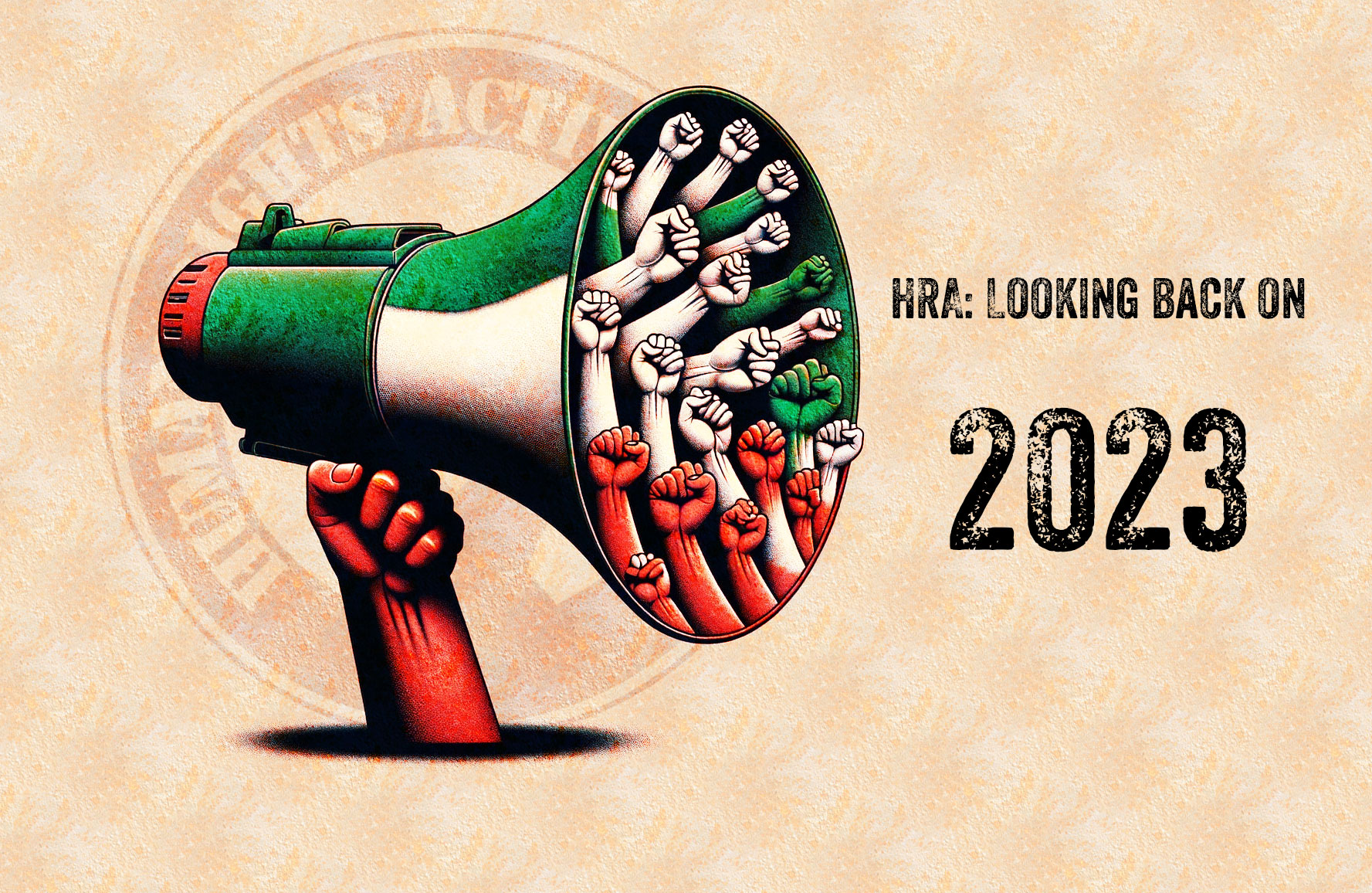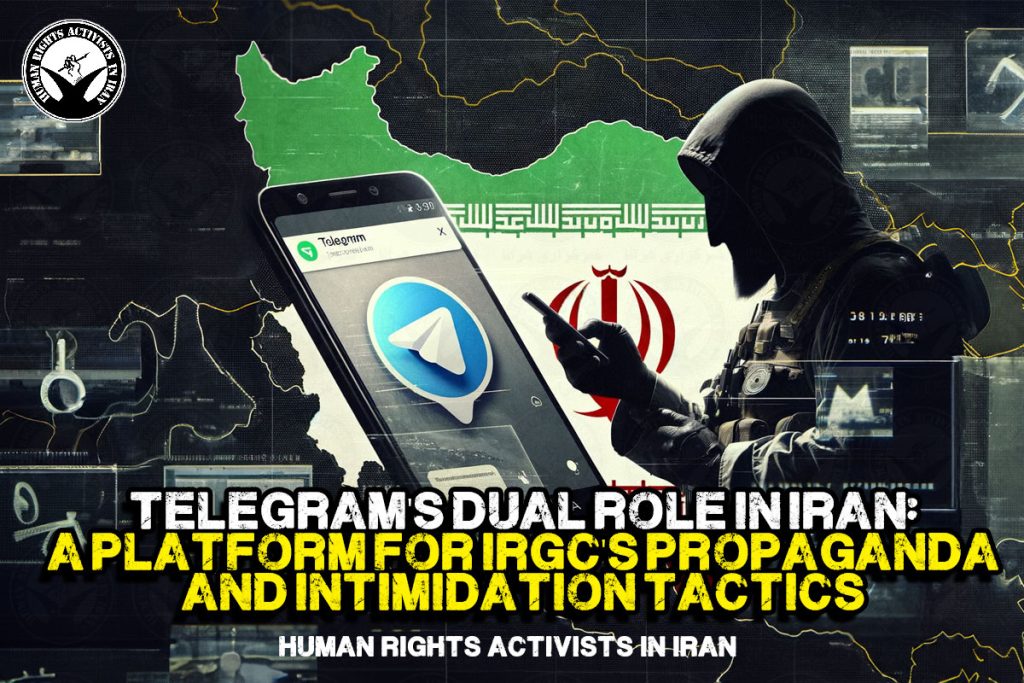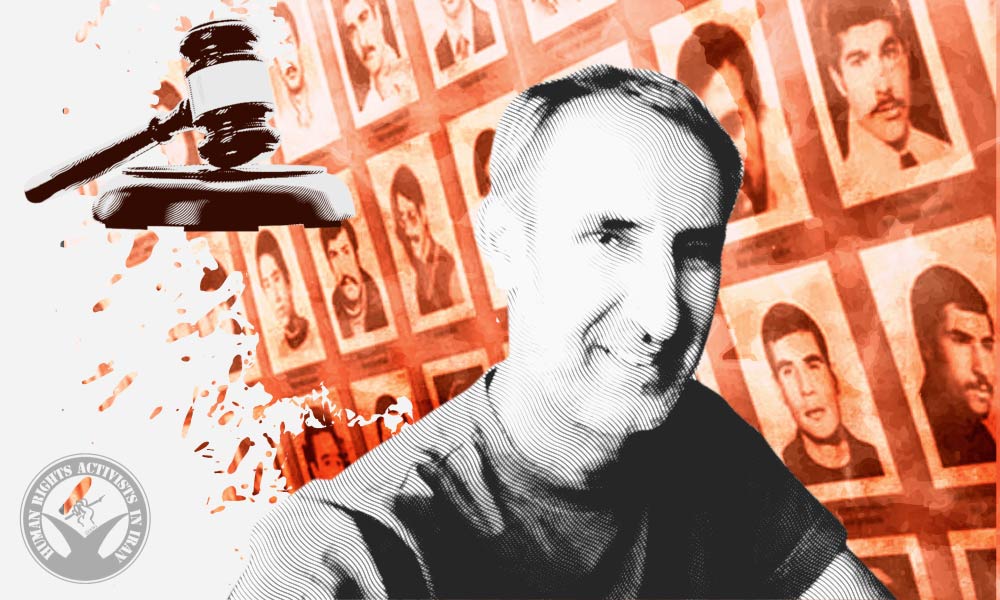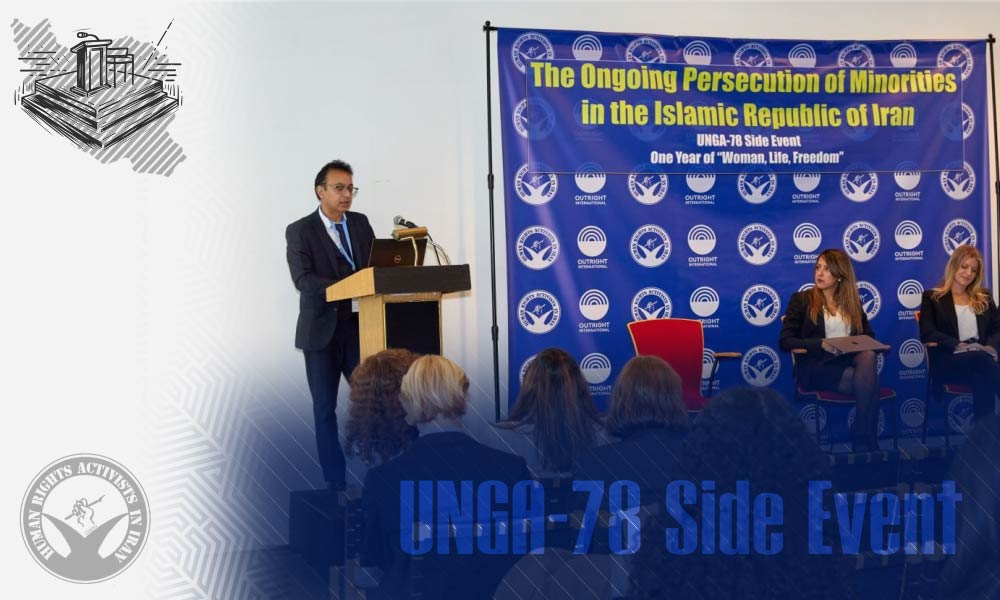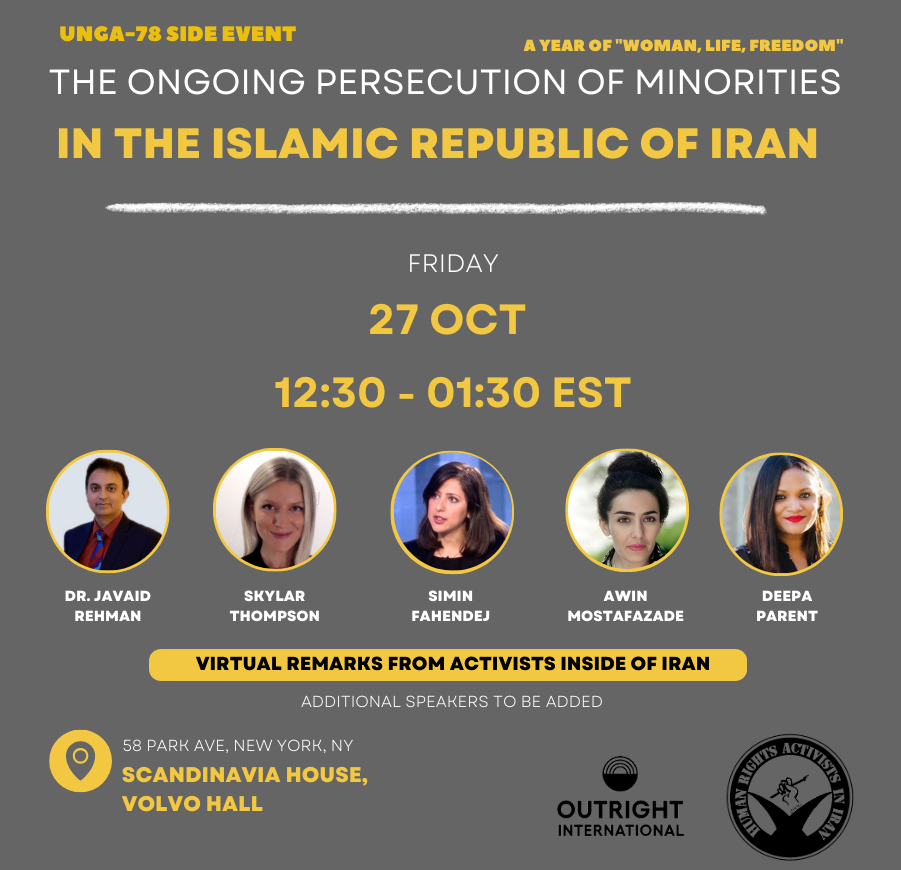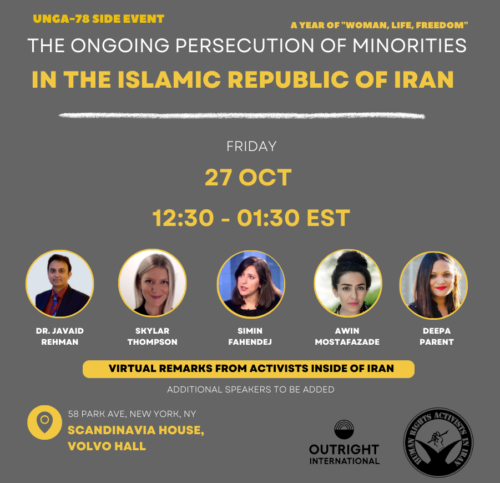The state of women’s rights in the Islamic Republic of Iran is a critical concern, marked by systemic and pervasive violations deeply rooted in both the legal and societal frameworks. This report seeks to unpack the complex landscape of gender-based discrimination, highlighting the institutional and individual practices that significantly undermine the autonomy, dignity, and freedoms of Iranian women. At the heart of these violations lies a legal system marred by gender inequality, with laws that span from the constitutional to the civil and penal codes, all of which collectively disadvantage women in critical areas of life such as marriage, divorce, inheritance, and parental rights.
Further extending its scope which published by Spreading Justice, this investigation not only examines the legal codifications but also ventures into the public domain, where regulations on modesty, public conduct, and the mandatory hijab further restrict women’s rights. By exposing the specific roles and actions of key actors within the judiciary, law enforcement, and legislative arenas, this report aims to shed light on the systemic entrenchment of gender disparities. Through detailed analysis and case studies, it underscores the urgency of addressing these profound inequities.
The Judiciary Fails to Guarantee Women’s Rights
In the intricate landscape of Iran’s human rights challenges, the judiciary plays a pivotal role, oscillating between neglect and active suppression of women’s rights. This dynamic is glaringly apparent in the treatment of female prisoners, journalists, activists, and those defying the mandatory hijab regulations. Through both action and inaction, the judiciary not only deepens the suffering of these individuals but also signals a systemic incapacity to safeguard fundamental freedoms.
The Revolutionary Court of Rasht’s recent trial initiation against twelve women’s rights advocates is a testament to this ongoing repression. On February 29, 2024, the court began proceedings against Forough Saminia, Sara Jahani, Zahra Dadras, Yasamin Hashdari, Shiva Shah Sia, Negin Rezaie, Vahedeh Khoshsirat, Azadeh Chavoshian, Zohreh Dadras, Matin Yazdani, Hooman Taheri, and Jelveh Javaheri. Charged with “membership in a group, assembly, and collusion to act against national security” and similar accusations, these individuals’ experiences reflect the broader pattern of targeting activists to quell dissent. Their arrest during a mass detainment in Gilan Province and subsequent conditional release from Lakan Prison in Rasht underline the systematic approach to intimidating and silencing voices advocating for gender equality and human rights.
The case of Roya Heshmati, penalized for her protest against the compulsory hijab with seventy-four lashes, is a harrowing example of the judiciary’s overreach. This incident, dated January 3, 2024, is a grim marker of the severe penalties imposed for perceived non-compliance with state mandates, reflecting a profound disregard for human dignity and freedom. In a text circulating social media, Roya Heshmati recalls the harrowing ordeal, “The judge said not to hit too hard. The man began to hit. My shoulders. My upper arms. My back. My buttocks. My thighs. My calves. Again, from the beginning. I didn’t count the number of strikes. Under my breath, I was chanting for the name of woman, for the name of life, the garment of servitude was torn, our dark night shall turn into dawn, all the whips shall turn into axes.”
Adding to this narrative of repression is the collective sentencing of Maryam Bani-Razi Motlagh, Abdolbagher Amani, Reza Rashidi, and Mohammadreza Rostami by Branch 116 of the Criminal Court in Qom. Their conviction to over 17 months in prison, 148 lashes, and additional penalties for not adhering to the “mandatory hijab” and allegedly hindering the state’s moral policing further exemplifies the judiciary’s stringent enforcement of conservative norms. Presided over by Judge Hossein Soltani, these sentences manifest the judiciary’s commitment to maintaining strict social control through corporal punishment and incarceration, actions that clearly violate international human rights norms.
This oppressive environment extends to the realm of journalism, where female journalists are increasingly targeted, pressured, and arrested. Among them, Niloufar Hamedi and Elaheh Mohammadi, sentenced by infamous Judge Salavati to 13 and 12 years respectively, and Vida Rabani, who received a 6-year and 15-month sentence from Judge Iman Afshari, showcase the severe repercussions for their reporting. Additionally, Saba Azarpeik faced a sentence of 2 years in prison and a 2-year ban from social media activities. The cases of Saeedeh Shafiee and Nasim Soltanbeigi further illuminate the judiciary’s harsh stance, as both were sentenced by Branch 26 of the Tehran Revolutionary Court, led by Judge Iman Afshari, to four years and three months in prison. Their sentences included charges of “propaganda against the system” and “assembly and collusion,” with additional restrictions on their freedom to engage in political and social groups and to travel abroad. These instances reflect a broader pattern of the judiciary targeting female journalists, intending to suppress dissent and control the flow of information within Iran.
The above examples highlight the judiciary’s complicity in fostering a climate of fear and repression, particularly against women challenging compulsory hijab laws and advocating for broader freedoms. The actions of judges like Iman Afshari, Abolqasem Salavati, Hossein Soltani, and others, who have imposed heavy sentences on female journalists, activists, and protestors, actively suppress dissent, limit freedom of expression, and encroach on civil liberties, reflecting a pattern of judicial conduct in Iran marked by indifference to prison abuses and a concerted crackdown on female dissent. This underscores a disturbing erosion of basic human rights and freedoms, highlighting a clear contradiction with the Executive Regulations of the Prisons Organization.
List of violators related to this section:
▪️Abolqasem Salavati:the head of Branch 15 of the Revolutionary Court of Tehran
▪️Iman Afshari:head of Branch 26 of the Revolutionary Court of Tehran
▪️Hossein Soltani:The head of the 116th branch of the criminal court NO.2 of Qom
▪️Mohammad-Reza Amouzad:the head and judge of 28th Branch of the Tehran Islamic Revolution Court
Violation of Women’s Rights within Iranian Prisons
1- Deplorable Conditions in Women’s Prisons
One illustration of the erosion of women’s rights in Iran is the conditions within the women’s prisons. Officials at the Amol prison have obstructed the delivery of many donated books to inmates, depriving them of educational and recreational resources. This situation is exacerbated by lacking amenities like libraries and entertainment facilities, such as movie players, which have not been made available to the inmates despite donations and repeated requests. This deprivation seems to stem from the behavior of prison officials and actions contrary to the directives of the Prison Organization.
2-Physical Abuse and Medical Neglect
The experience of female political prisoners in Iran paints a distressing picture of widespread abuse and neglect. Instances like that of Narges Mohammadi, who was reportedly assaulted by an official at Evin Prison‘s infirmary in September 2023 for not wearing the mandatory hijab, are not isolated. Such incidents reveal the harsh realities faced by women behind bars, especially those imprisoned for their political beliefs. Mohammadi’s ordeal began simply because she was assisting a sick fellow inmate, yet it escalated into a physical confrontation over her non-compliance with the hijab rule, as reported by HRANA. This is emblematic of the broader challenges and risks women encounter in Iran’s prisons, where adherence to strict dress codes is enforced with little regard for personal dignity or safety.
Similarly, a year prior, in the women’s ward of the Kermanshah Rehabilitation Center, the situation was no less grim. Prisoners, including Ms. Soheila Hijab, endured severe beatings at the hands of prison guards. Beyond physical abuse, these women often face medical neglect, exacerbating health complications that arise during their detention or because of prolonged incarceration. This neglect starkly violates basic human rights, underscoring a systemic disregard for the welfare of female prisoners.
Such incidents are indicative of the broader issues within Iranian penal institutions, particularly in the treatment of political detainees and the rigid enforcement of dress codes. They also highlight the ongoing struggle against compulsory hijab laws, reflecting the broader societal challenges women face, including those incarcerated, in resisting oppressive mandates.
3- Punitive Measures Against Protesting Inmates
Female prisoners, especially those who dare to protest the inhumane conditions, face punitive measures. These include but are not limited to, solitary confinement, false allegations resulting in new cases, denial of family visits, and even exile to other prisons. For example, following protests in Evin Prison, restrictions on a group of people, have been imposed, severely limiting prisoners involved the rights to make phone calls or receive family visits.
4- An increasing number of executions including of female prisoners
According To the Annual Report of Human Rights Activists (HRA), In 2023, at least 20 women were executed in Iran. One of the cases that caught media attention was the execution of Samira Sabzian Fard. Samira, a woman whose entire life was marred by the inexcusable discrimination faced simply for being a woman in Iran was a victim of child marriage, and domestic brutality, and ultimately, she was sentenced to death, and her life was taken by the state.
5- Transgender and Queer Women’s Experiences in Prison
Transgender women often experience segregation in prisons and despite legally changing their identification to align with their gender identity, transgender women face unique challenges and discrimination within the prison system. Additionally, queer women are scrutinized and stigmatized because of their sexuality. The experiences of transgender and queer women in facilities such as Qarchak and Lakan women’s wards highlight the urgent need for prison reforms to address these injustices and ensure the protection of all inmates’ rights, regardless of their gender identity or sexual orientation. These practices not only violate the principles of dignity and equality enshrined in international human rights treaties but also highlight the critical gaps in protection and respect for LGBTQ+ rights within the Iranian judicial and penal systems.
List of violators related to this section:
▪️ State prison and security and corrective measures organization
▪️ Allah Karam Azizi:the current head of Ghezel Hesar prison.
▪️ Edris Abdi: the current head of Kermanshah Juvenile Detention center
▪️ Hedayat Farzadi:the current head of Evin Prison
▪️ Soghra Khodadai:the head of Qarchak prison
▪️ Mahmoud Torabi: The head of Rasht Central Prison (Lakan Prison)
Legislation Affecting Women’s Rights
Recent legislation in Iran, ostensibly designed to boost the country’s population, cast a long shadow over the rights and autonomy of women. At the heart of these measures is a draft revision of the Penal Code that significantly escalates the penalties associated with abortion, revealing a concerted effort by the government to exert control over women’s reproductive rights and bodily autonomy. This proposed legislation not only seeks to criminalize abortion under a broader range of circumstances but also extends its punitive reach to encompass a wide array of individuals and activities related to the provision of abortion services.
Under the new draft Penal Code, the act of performing an abortion, facilitating the process, or even disseminating information about how to obtain one could result in severe legal consequences. Healthcare professionals, including doctors, midwives, and pharmacists, who are found to assist in the abortion process, could face not only imprisonment but also the revocation of their professional licenses. This aspect of the legislation places a significant burden on medical practitioners, forcing them to navigate the perilous waters between upholding their ethical obligations to provide care and avoiding legal prosecution.
Moreover, the legislation introduces penalties for those who engage in the dissemination of abortion information, targeting educators, activists, and possibly even individuals who share such information in private communications. This move effectively seeks to erase abortion from the public discourse, stifling debate and denying women access to critical information about their reproductive health options.
The implications of this legislative push are profound. By criminalizing abortion and penalizing those who support women’s reproductive choices, the government is not only infringing on women’s rights to make decisions about their bodies but also potentially endangering their health. Women seeking to avoid legal repercussions may turn to unsafe methods to terminate unwanted pregnancies, increasing the risk of complications, injury, or death.
Furthermore, this legislative approach reflects a broader attempt to control and dictate the terms of women’s existence and roles within society, reinforcing traditional gender norms and expectations. It disregards the complex realities of women’s lives, their health, socio-economic conditions, and their right to choose whether and when to have children.
The draft Penal Code’s severe restrictions on abortion in Iran implicate a wide array of governmental bodies and officials in the systemic violation of women’s rights, spanning from the legislative branches responsible for drafting and passing such repressive laws to the judiciary that enforces them through punitive measures against women and healthcare providers.
Lawmakers and legislators are directly accountable for creating laws that infringe on women’s autonomy, while judges and the judiciary uphold these laws, effectively sanctioning the suppression of women’s reproductive rights. The executive branch, including various government officials and policymakers, oversees the implementation and enforcement of these restrictions, further embedding the control over women’s bodies within the state’s legal and social fabric. Law enforcement agencies are the operational arms that execute these policies, arresting and detaining those who seek or provide abortions. Additionally, healthcare regulatory bodies exert control by penalizing medical professionals involved in abortion care, thereby restricting access to safe medical procedures. Together, these entities form a comprehensive network of control that not only restricts women’s rights to make decisions regarding their bodies but also places them at greater risk, underscoring a deep-seated violation of human rights and dignity within the framework of Iranian law and governance.
List of violators related to this section:
▪️ Amir-Hossein Bankipour Fard:the representative of the people of Isfahan in the 11th Islamic Consultative
▪️ Zohre Elahian:the representative of the people of Tehran in the 11th Islamic Consultative
▪️ Hossein Mirzaei:the representative of the people of Isfahan in the 11th Islamic Consultative
Violation of Women’s Rights by the Police and IRGC
The Morality Police, alongside the police forces and the Islamic Revolutionary Guard Corps (IRGC), tasked with upholding Islamic dress codes and moral standards, have employed measures that often escalate into rights violations, including harassment, arbitrary detention, and physical abuse against women.
A notable example of this enforcement is the action taken by Hojjatollah Salari, the commander of the Seyyed al-Shohada IRGC of Hormuz. On May 3, 2023, Salar announced the confiscation of 20 electric motorcycles due to hijab violations as part of the chastity and hijab plan. This operation, aimed at addressing what was described as “the unveiling of drivers and passengers,” underscores the lengths to which the IRGC will go to enforce dress code violations, extending its reach to the confiscation of personal property.
Further exemplifying the aggressive stance on dress code enforcement, the IRGC of Hormuz Island, under Salar’s command, initiated the “Hijab and Chastity” exercise on May 8, 2023. This exercise, conducted in collaboration with local religious and Basij resistance bases, was explicitly designed to combat perceived instances of “improper hijab,” highlighting the comprehensive nature of these campaigns to regulate women’s attire and behavior in public spaces.
The repercussions of these enforcement actions were further amplified on December 24, 2023, when the a security order led to the arrest of 90 people and the issuance of verbal warnings to 380 women for “unveiling” on the beaches of Hormuz Island. The operation also resulted in confiscating personal items and sealing commercial units, illustrating the extensive measures employed to enforce moral codes.
List of violators related to this section:
▪️Moral Security Police
▪️Islamic Revolutionary Guards Corp (IRGC)
Violations Against LGBTQ+ Individuals
The rights of transgender individuals in Iran face severe compromises, as evidenced by reported incidents that highlight the broader pattern of human rights abuses against the LGBTQ+ community. There have been reports of coerced confessions, where individuals are pressured into admitting guilt or making statements against their will, as example Suspicious Telegram channels such as Saberian News published forced confessions of Transgender arrestees, SJ is investigating such channels close to the security apparatus. Such practices, often carried out under duress, undermine the justice system’s integrity, and blatantly violate the rights of those involved, casting a long shadow over their dignity, and exposing them to unwarranted public scrutiny and further discrimination.
Interactions with Morality Police frequently lead to the arrest or violent confrontations for transgender individuals, targeted for their appearance or identity in the enforcement of strict moral and dress codes. This aggressive oversight not only infringes upon their rights to self-expression and identity but also subjects them to potential violence and legal consequences, underscoring a punitive approach to moral regulation.
Moreover, the reluctance or outright refusal of law enforcement to file complaints from transgender victims of violence represents a significant barrier to justice. This denial not only exacerbates the victims’ plight but also signals a troubling indifference towards the safety and rights of transgender individuals, perpetuating a cycle of violence and impunity for aggressors.
Adding to this complexity, LGBTQ+ women, in particular, face added pressure following their arrest by security forces. Their sexual orientation is exploited as a tool to coerce confessions, with threats of legal prosecution and the exposure of their sexuality to their families. This unwanted and involuntary outing not only intensifies the pressure on them but also poses risks to their health and lives. The situation was particularly evident during the protests of 2022, highlighting the extreme dangers faced by those whose identities intersect with multiple marginalized statuses. Such practices paint a stark picture of a legal and social environment marked by discrimination, where the basic human rights and protections that should be universally afforded are systematically denied to the transgender community.
Conclusion
This report illuminates the profound and systemic nature of gender inequality in Iran, highlighting how a combination of legal and institutional frameworks, reinforced by specific actors across judiciary, legislative, and law enforcement domains, systematically undermines women’s rights. These entities have been identified as key contributors to a pervasive culture of discrimination and suppression against women.
For more information please contact Skylar Thompson, Director of Global Advocacy and Accountability at Human Rights Activists in Iran (HRA) skylar[at]hramail.com
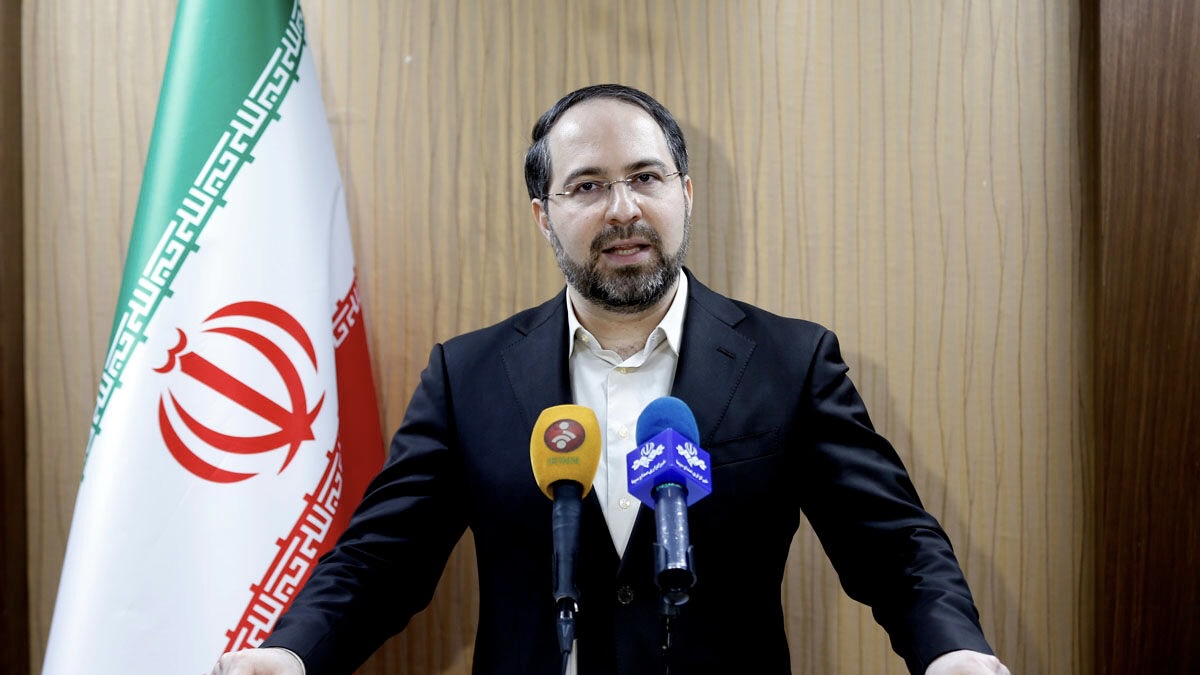
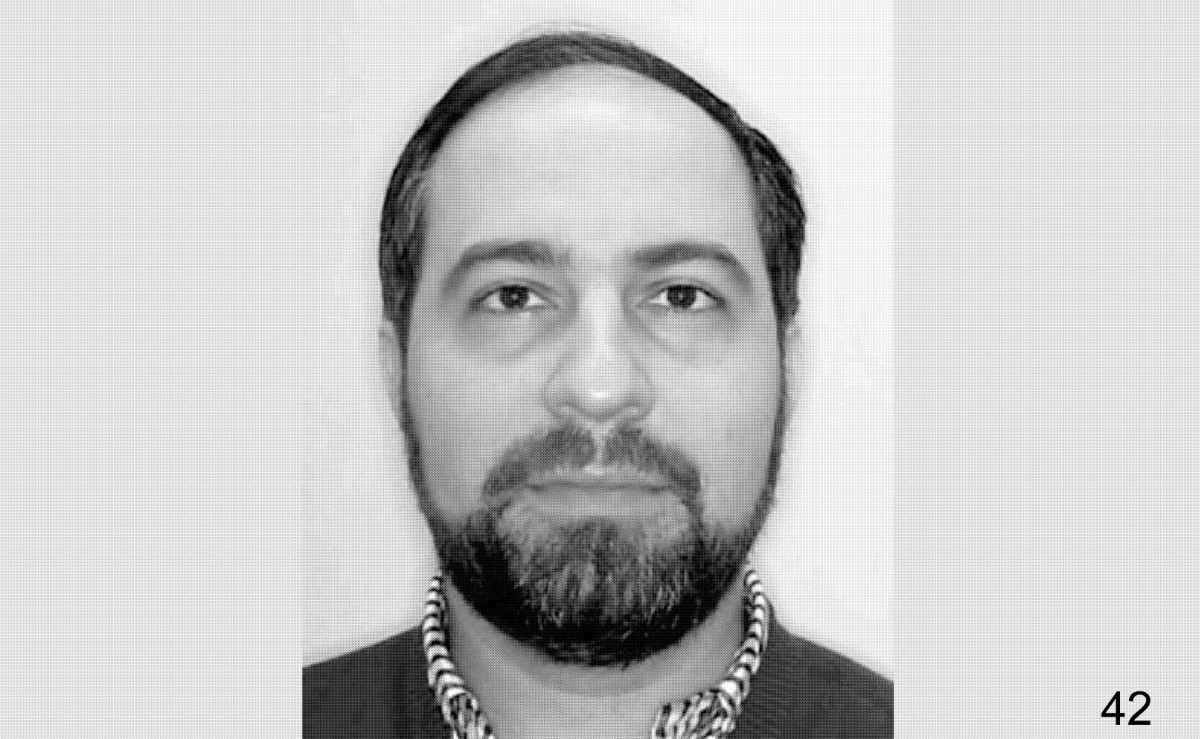
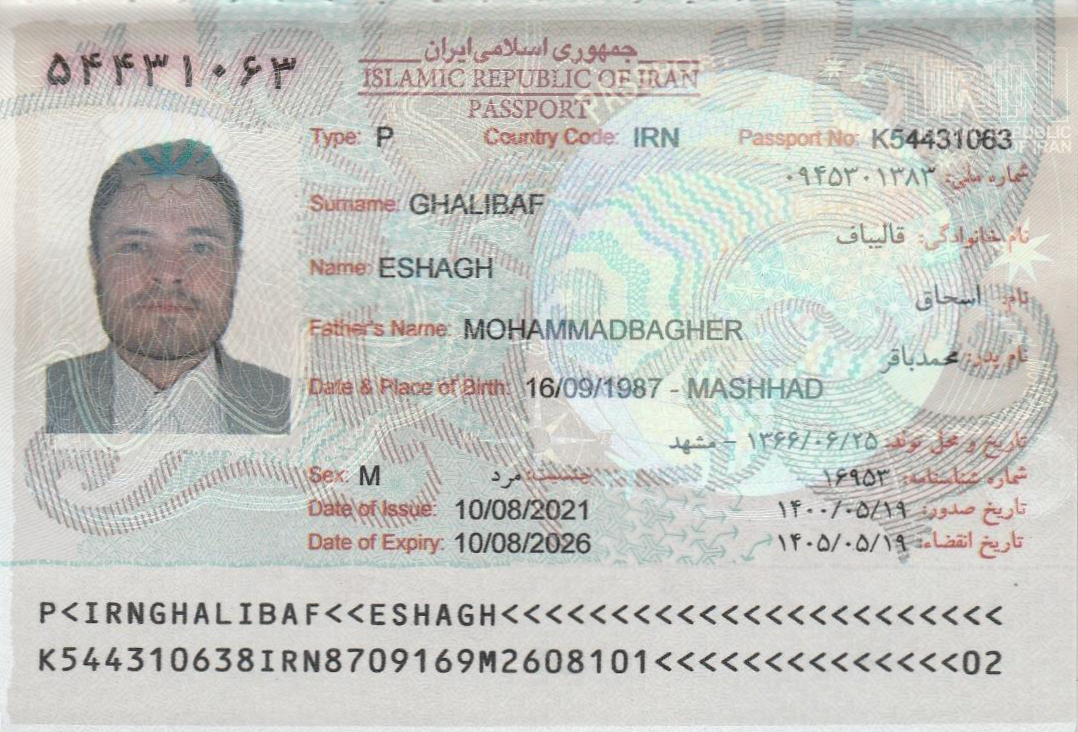
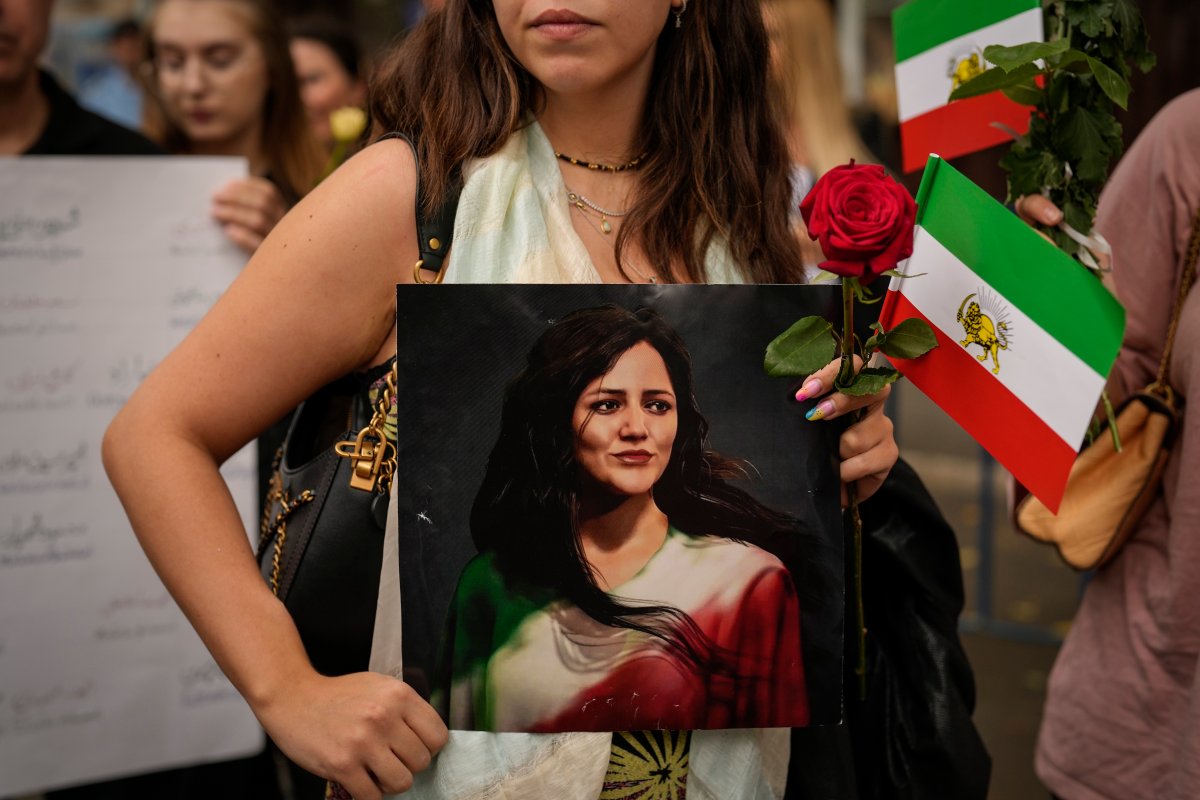
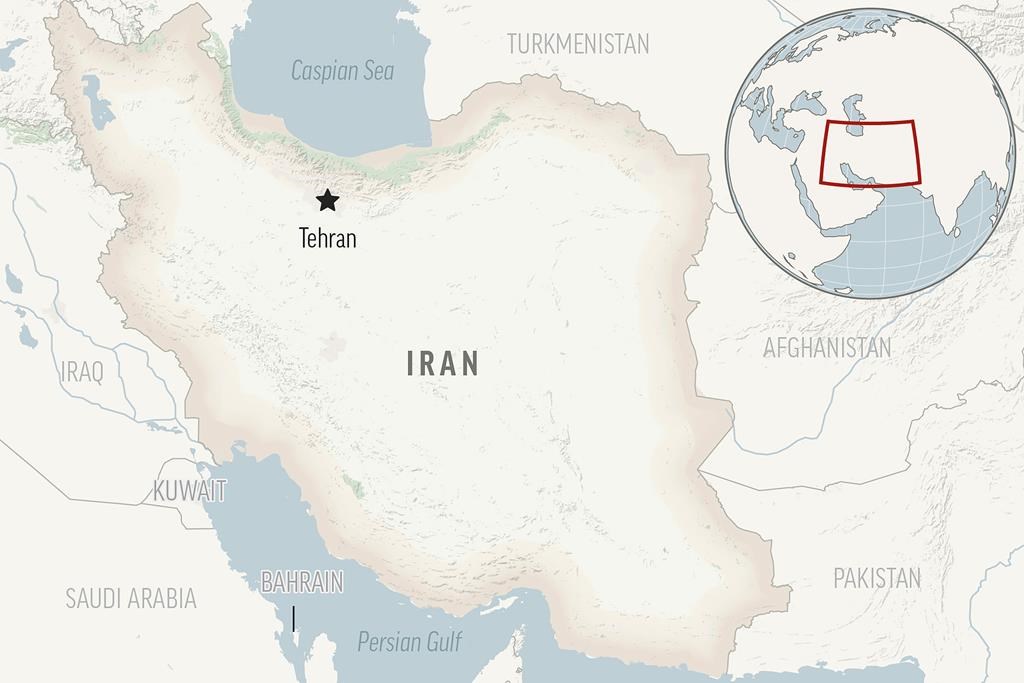

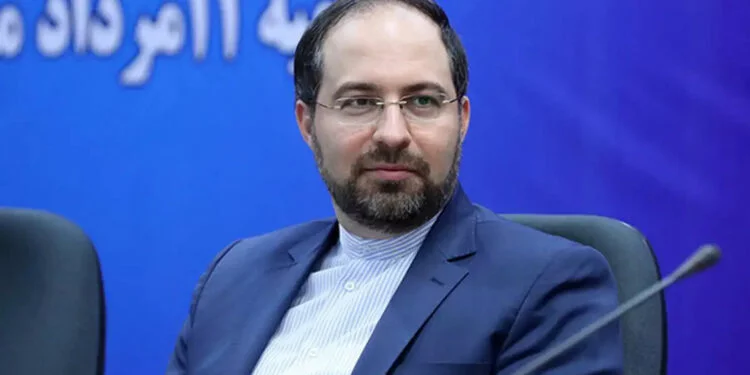

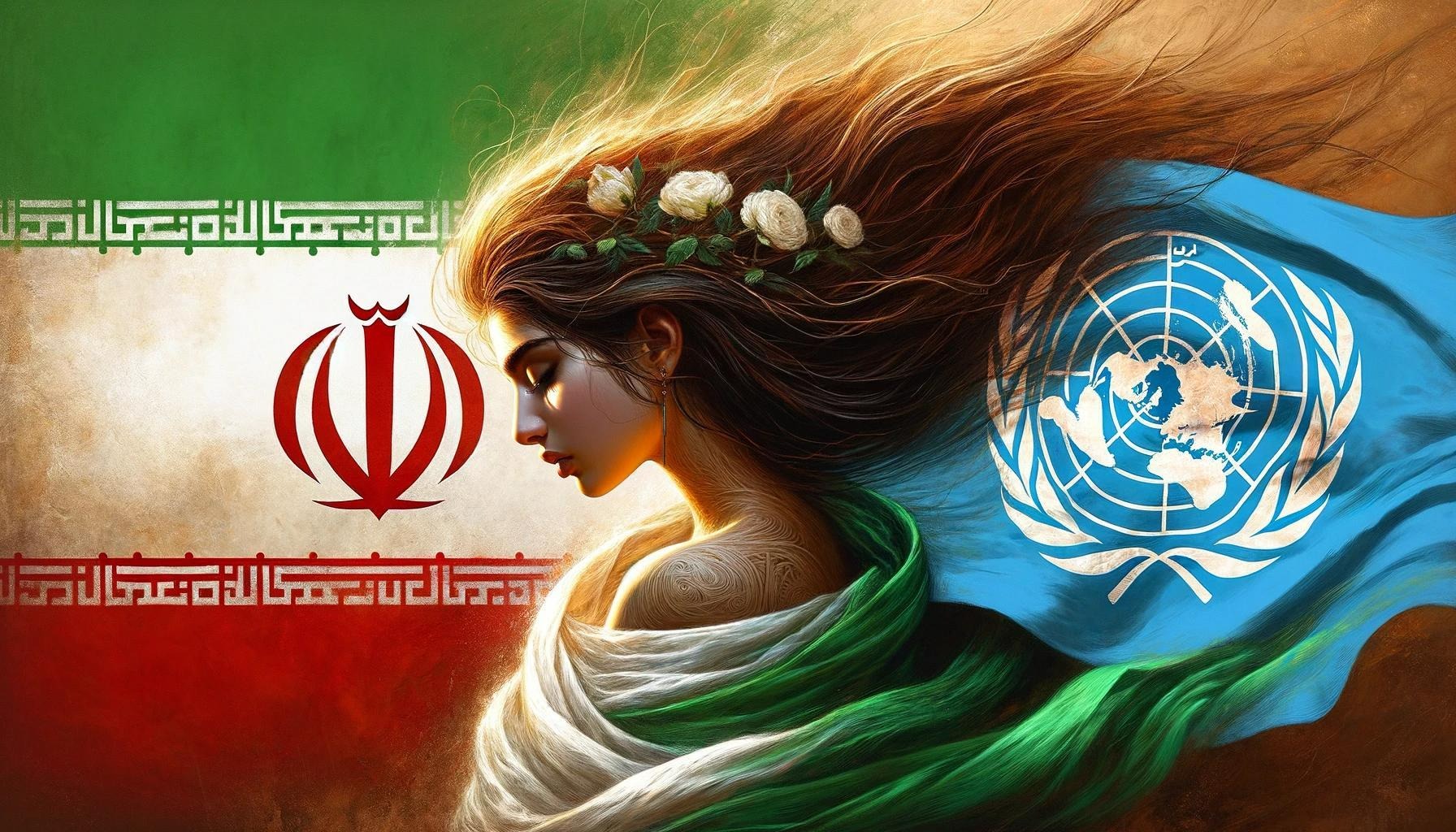

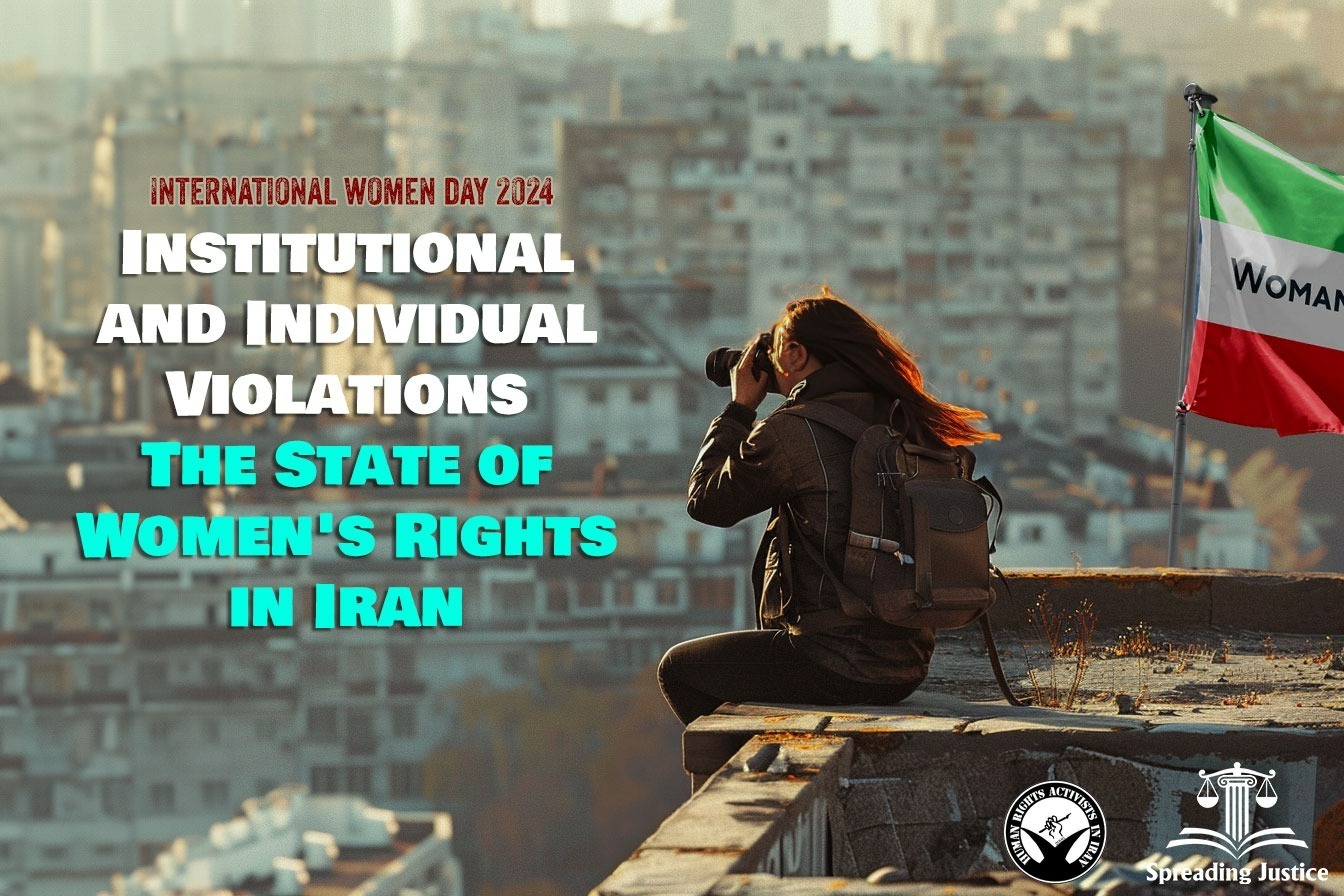
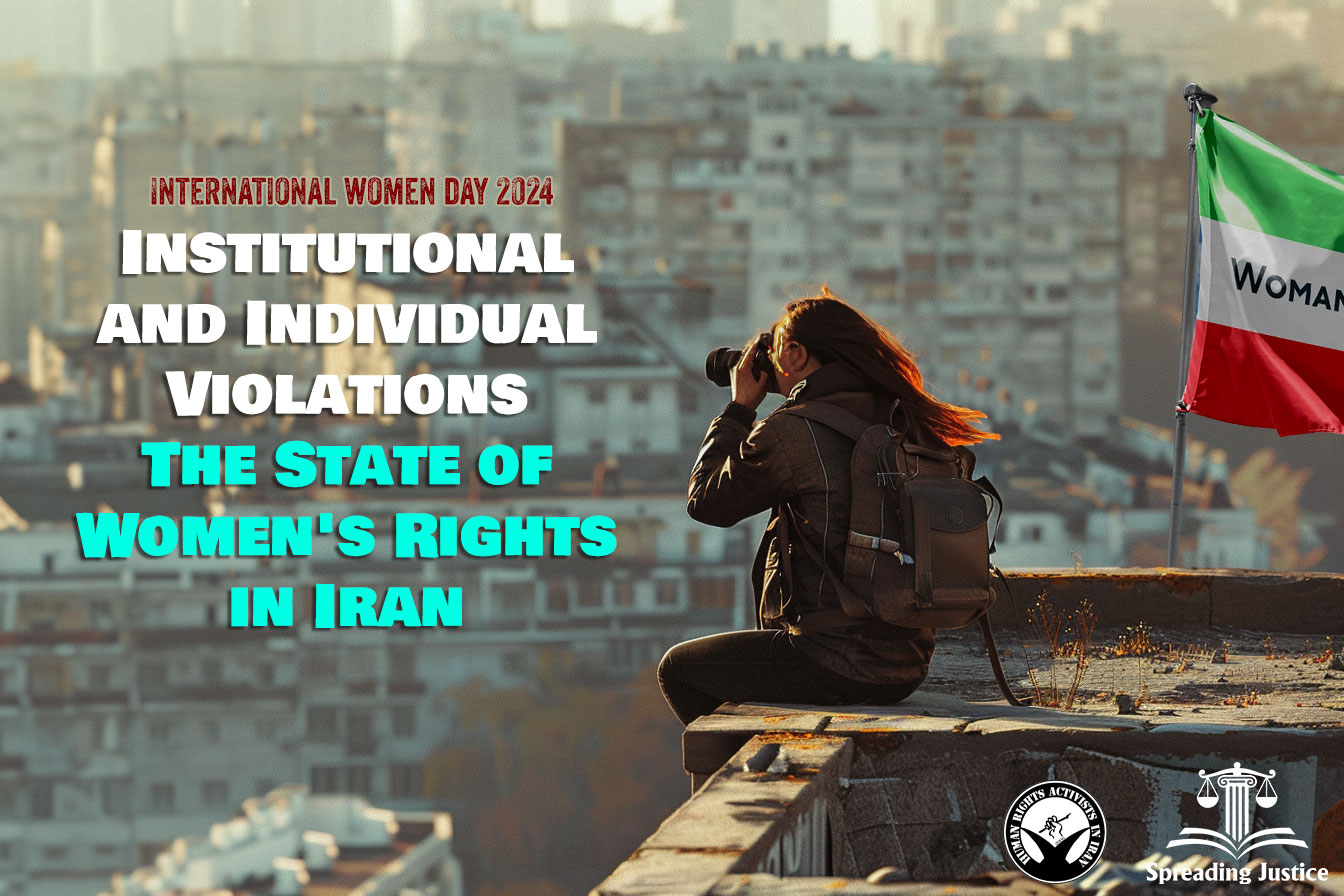
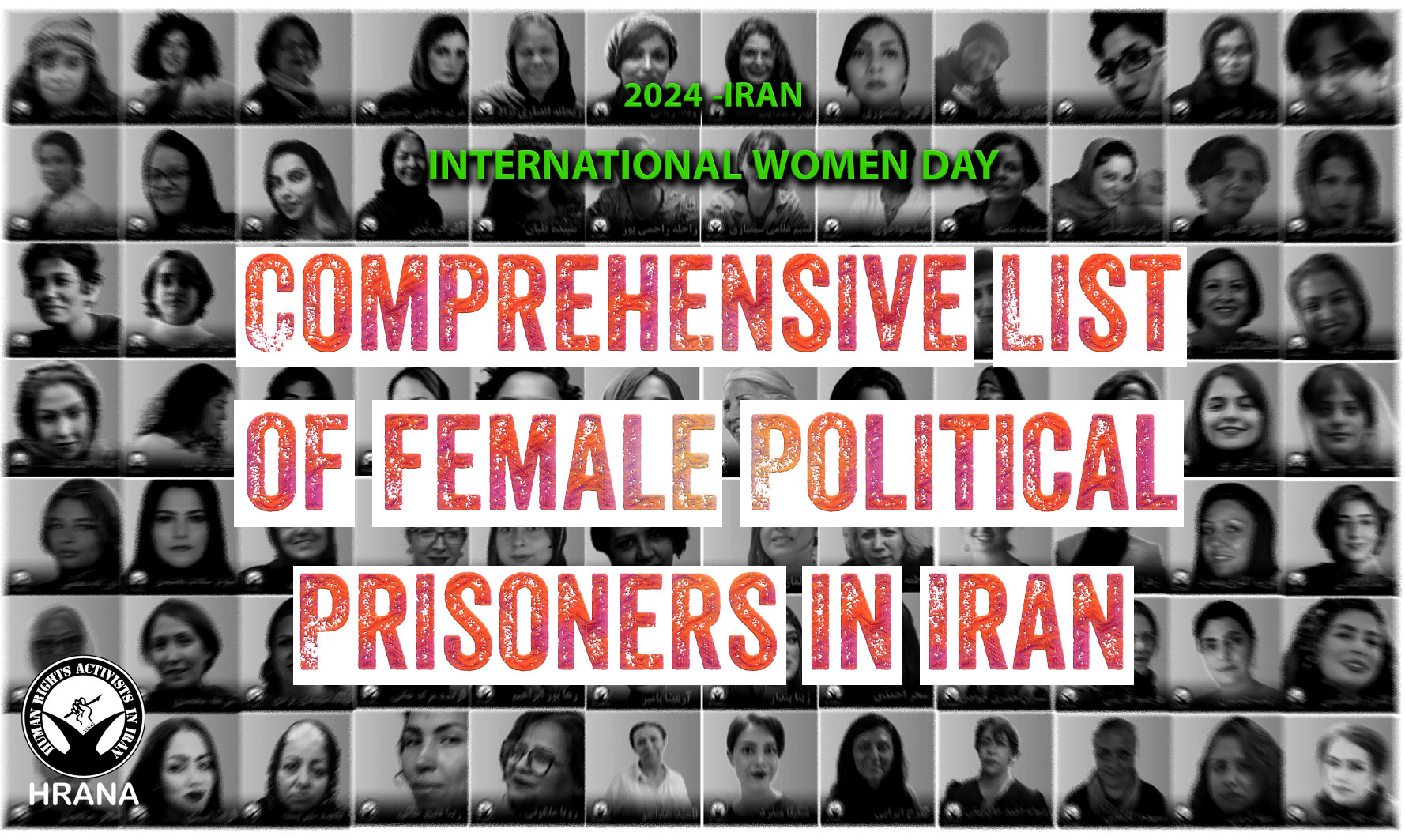
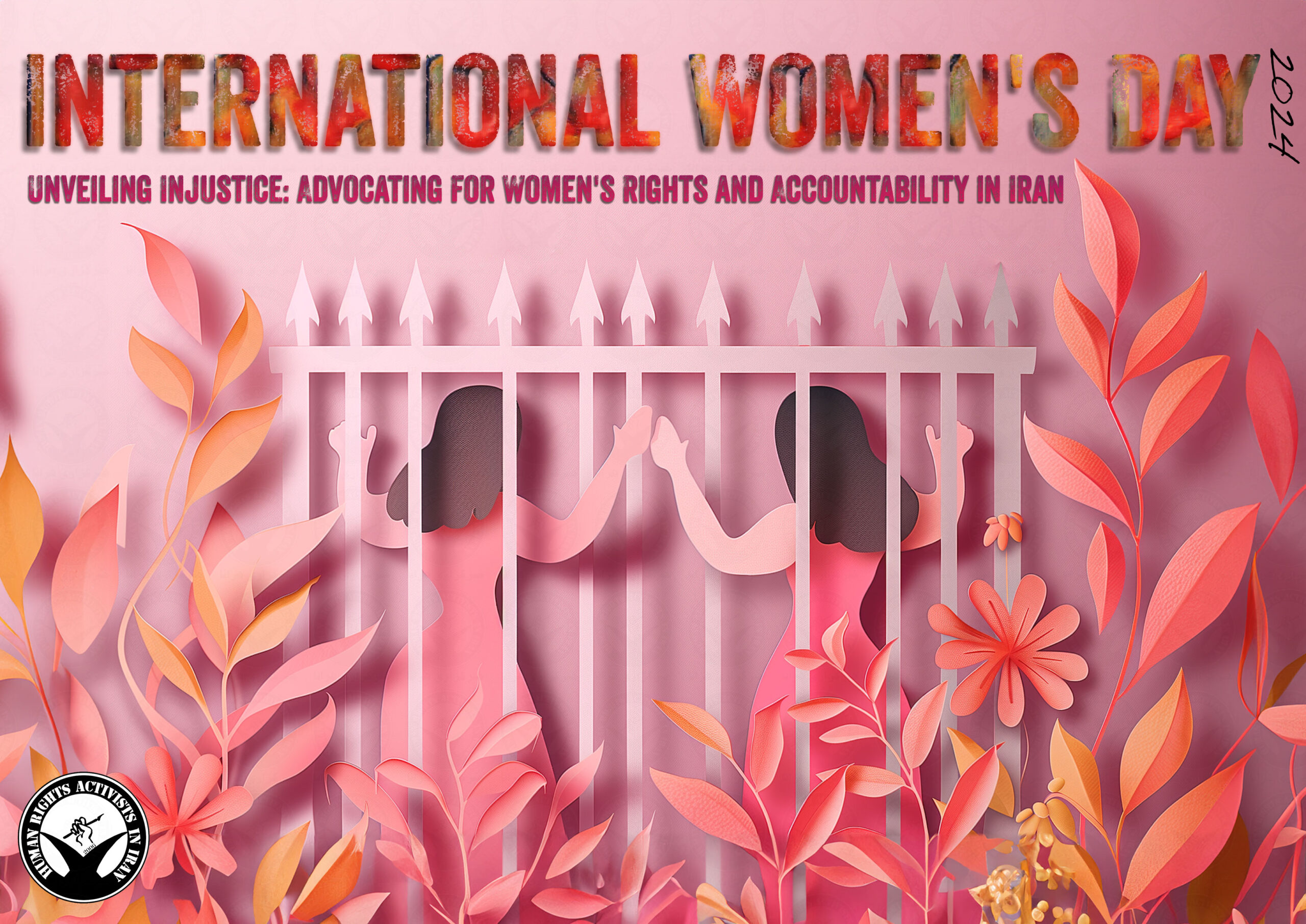

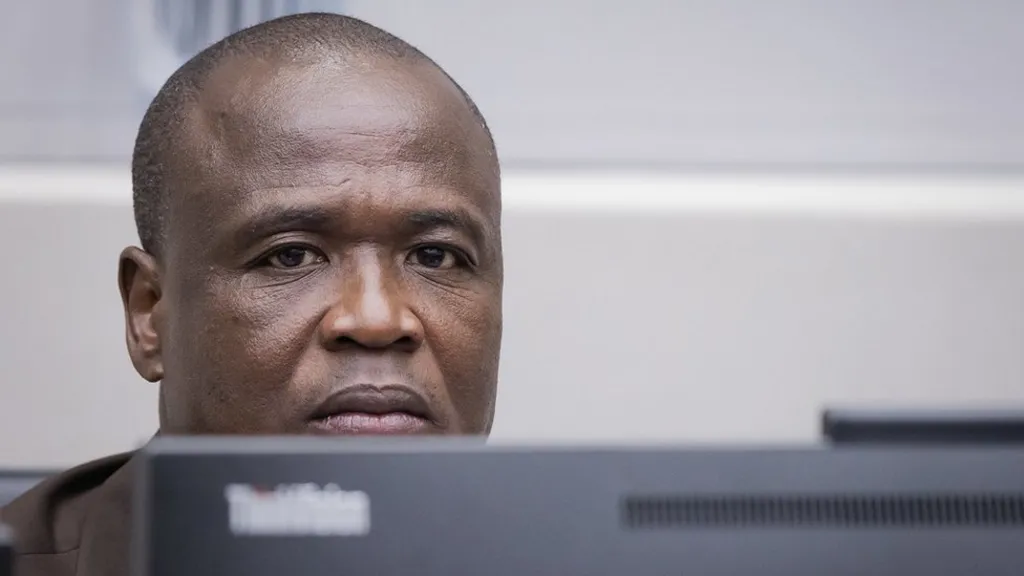
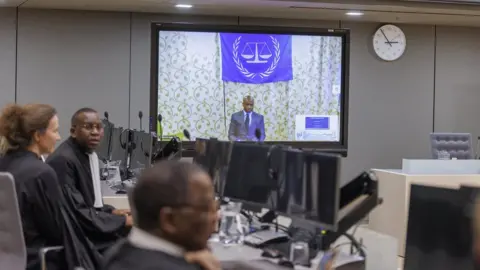 Photo: ICC Dominic Ongwen appeared by video link for Wednesday's hearing
Photo: ICC Dominic Ongwen appeared by video link for Wednesday's hearing